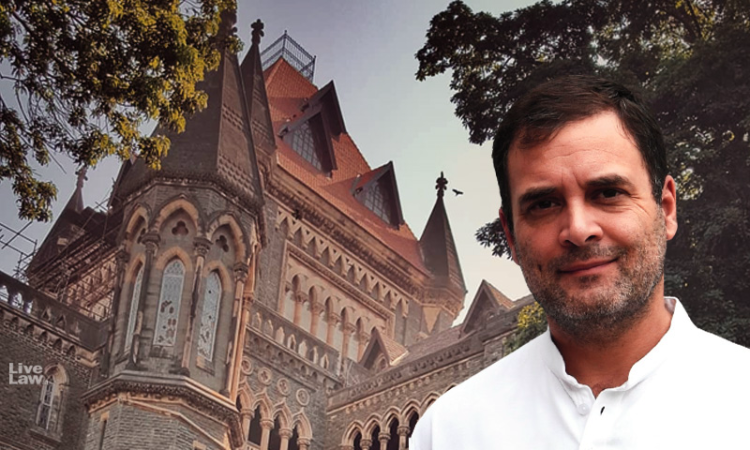Rahul Gandhi Can't Be Compelled To Admit Alleged Speech Linking RSS To Gandhi Assassination In Defamation Case : Bombay High Court
Sharmeen Hakim
20 Sept 2021 4:43 PM IST

Kunte had accused Gandhi of defaming the RSS by making "false and baseless allegations" by connecting its members to Mahatma Gandhi's assassination.
Next Story


